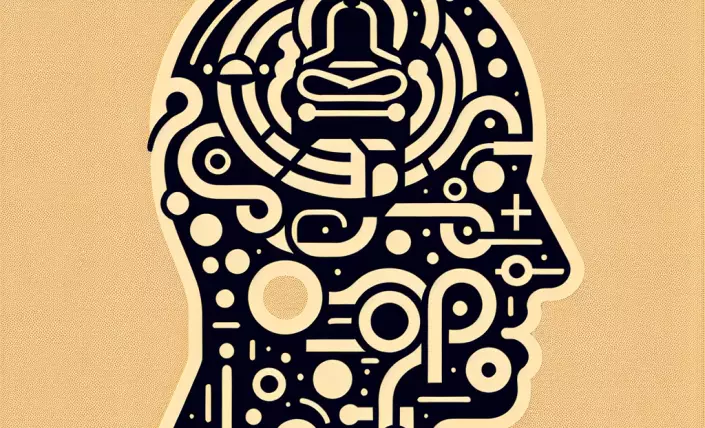In the grand theater of human existence, we are all actors and directors, often unaware of the intricate power dynamics that silently orchestrate our lives. The works of Niccolò Machiavelli, though written in a different era, offer a lens through which we can examine these dynamics with a clarity that remains relevant today. Machiavelli's insights into power, control, and human nature urge us to reflect on the forces that shape our personal and professional lives, revealing truths about our interactions, ambitions, and the ethical dilemmas we face.
Machiavelli famously argued that traditional moral values could often be set aside in the pursuit of power, a concept that challenges our conventional understanding of ethics. His pragmatic approach suggests that the ends can justify the means, especially in political contexts. While this might seem disconcerting at first, it invites us to question the fixed moral frameworks we apply to our own lives. Are our decisions always governed by an unwavering ethical code, or do we sometimes bend these rules for personal gain? This inquiry encourages a deeper self-awareness of our motivations and the extent to which we are willing to compromise our principles in the face of ambition.
The Prince, perhaps Machiavelli's most renowned work, delves into the intricacies of leadership and governance, offering observations that extend beyond the political arena. In our daily lives, we all assume the role of 'princes' in various capacities – as leaders in our workplaces, families, or communities. The balance between appearing virtuous and being effective is a delicate one, as Machiavelli suggests that the perception of virtue can be more beneficial than virtue itself. This raises the question of authenticity versus appearance in our interactions. Are we genuinely virtuous, or do we merely project an image of virtue to gain trust and influence? As we navigate our roles, understanding this dichotomy can lead to more conscious and deliberate choices in how we present ourselves to the world.
Moreover, Machiavelli's exploration of power dynamics compels us to consider the nature of control in our relationships. Power is not merely a political tool but a fundamental aspect of human interaction. Whether in friendships, romantic partnerships, or professional environments, the subtle dance of power and influence is ever-present. Recognizing these dynamics can empower us to engage more thoughtfully with those around us, fostering healthier and more equitable relationships. It also encourages us to reflect on our own positions of power and how we wield them, prompting questions about responsibility and the ethical use of influence.
Ultimately, Machiavelli's philosophy challenges us to confront uncomfortable truths about human nature and our societal constructs. By examining the underlying power structures in our lives, we gain a deeper understanding of ourselves and the world we inhabit. This reflection can lead to more intentional and informed choices, allowing us to navigate the complexities of life with greater clarity and purpose. Machiavelli's insights, though rooted in the past, offer timeless wisdom that continues to resonate, urging us to ponder the hidden forces that shape our existence and the moral implications of our actions within them.










